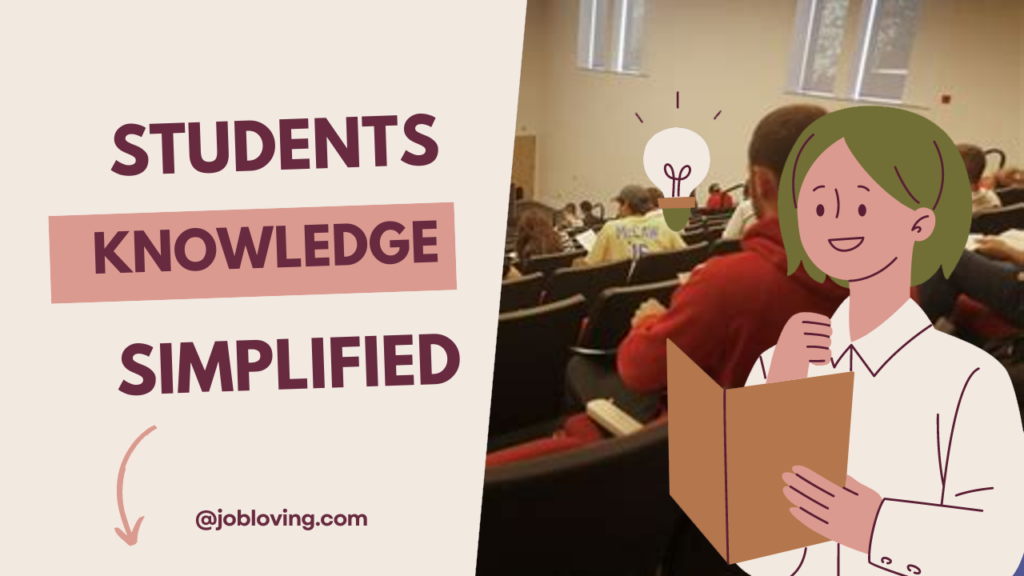Can a University Staff Member Date a Student? Navigating the Complex Terrain
Ah, love in the academic air! Who hasn’t daydreamed about that cute teaching assistant or the charming professor leading engaging lectures? The allure of campus romance is undeniable, yet when it comes to relationships between university staff and students, it’s like traversing a minefield. So, let’s break down the complexities, the “dos,” and the “don’ts” of dating in the hallowed halls of academia.
The Power Dynamic Dilemma
University environments are characterized by distinct power dynamics. Faculty members hold positions of authority over students, creating a precarious situation when romantic relationships are involved. These relationships can be seen as exceedingly problematic due to the potential for favoritism, bias, and abuse of power. Just imagine a student going into an office hoping for guidance and support but instead being pulled into a romantic entanglement! Yikes!
- Conflicts of interest become a prime concern when personal emotions takeover professional responsibilities. Everything from grading standards to mentorship can come into question.
- This imbalance of power can color perceptions and create an atmosphere of distrust among peers. When one student is perceived to have the ‘inside track’ with a faculty member, others could feel alienated.
University Policies: A Mixed Bag
The landscape of university relationship policies can vary greatly. Some institutions have strict regulations that prohibit staff from dating students altogether, especially those they teach or supervise. Others take a more lenient approach. Here’s a little breakdown:
- Complete Prohibition: Many universities maintain a no-tolerance stance, strictly regulating relationships to minimize conflict and preserve academic integrity.
- Conditional Dating: Some institutions allow relationships among faculty and students from different departments, recognizing that there may not be a direct authority present.
Regardless of the policies, most universities expect employees to disclose any romantic relationships involving students. Transparency is key—a safeguard to prevent any impropriety or claims of favoritism. Failing to disclose such relationships can result in severe consequences, up to and including termination. Hence, the importance of knowing and complying with institutional policies cannot be overstated!
Impact of the #MeToo Movement
The cultural landscape has shifted dramatically in recent years, particularly in the wake of the #MeToo movement. The call for accountability and scrutiny has echoed through academia. University policies now not only aim to minimize power imbalances but also actively address the potential for exploitation. The proximity of students to faculty members raises valid concerns, ushering in a broader conversation about ethics and consent.
- The movement has prompted many universities to reconsider and refine their dating policies, recognizing the potential implications of faculty-student relationships
- Institutions are now more aware of the potential emotional ramifications and safety concerns surrounding these entanglements.
Ethical Concerns and Emotional Fallout
As exciting as a campus romance might seem, the reality can take a sharp turn. Ethical dilemmas abound in faculty-student relationships fueled by emotional stakes. Consider:
- Unintentional Emotional Manipulation: A student may feel pressure to reciprocate romantic feelings due to their professor’s authority or influence over their academic journey, leading to unintended emotional devastation.
- Long-term Consequences: Relationships that begin in the academic realm can lead to awkward situations post-breakup—a faculty member may find themselves dealing with a heartbroken student in a professional setting.
Anecdotal Evidence: Not All Relationships Are Toxic
While many faculty-student relationships carry a reputation for being underhanded or exploitative, it’s essential to recognize that not all connections are harmful. There are indeed instances where relationships blossom from mutual respect and common interests. Analyze these stories to understand the nuances:
- Personal accounts hint at many successful relationships emerging from academic interactions—relationships that have led to partnerships that last well beyond college, embodying genuine connections.
- Supportive faculty members can help students excel academically, sharing passion for the subject, while navigating the tricky waters of budding romance.
Practical Advice for Navigating Relationships
If you find yourself developing feelings for a student or a faculty member, here are some playful yet practical tips to tread through the potential mess:
- Know Your University Policy: Before anything happens, ensure you do your homework on your institution’s stance regarding staff-student relationships.
- Disclose, Disclose, Disclose: If you’re determined to pursue a relationship, alert the relevant authorities in your department. Transparency can save you from a world of administrative trouble later on.
- Avoid Conflicts of Interest: If one person is grading the other, that’s a big red flag. The potential for bias looms large; consider waiting until grades are finalized.
- Counsel with Trusted Peers: Opening a dialogue with trusted faculty or colleagues can provide perspective, but tread lightly; gossip thrives in academic environments.
- Be Prepared for Backlash: Understand that these relationships, even the innocent ones, may garner scrutiny. Have strategies in place for how to handle prying eyes.
Understanding the Cultural Context
Cultural narratives often frame faculty-student interactions under a lens of danger and exploitation. However, these relationships can reflect shifting norms over time. As society evolves, so do perceptions of relationships within academia.
- In many respects, universities are microcosms of changing societal values—a reflection of broader conversations about authority, consent, and ethics.
- If institutions respond to feedback and adapt policies, they foster a safer learning environment that allows personal and professional boundaries to coexist harmoniously.
Conclusion: Balance Is Key
In summary, can university staff date students? The answer is a complicated “maybe.” While genuine connections can occur, the implications and potential consequences of mixing professional roles with personal relationships require deep thought and caution. Knowing the rules, navigating the emotional landscapes, and ensuring transparency can help maintain the educational integrity that universities strive for. Ultimately, relationships within academia might bloom like spring flowers—but let’s ensure that they do so without overshadowing the vital educational journey.
As love struts proudly through those lecture halls and libraries, let’s champion respectful interactions underpinned by solid ethics. That way, everyone can enjoy the beauty of connection while keeping the academic environment intact!

